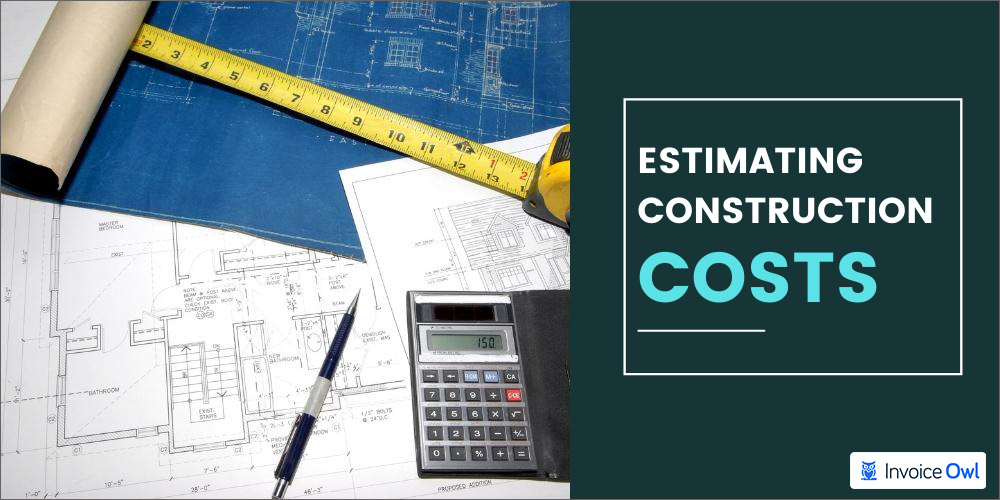The Importance of Estimators in Every Construction Phase
The Importance of Estimators in Every Construction Phase
Blog Article
Effective construction planning is based on a myriad of moving parts and one of them is the building cost estimator. This professional plays a central role when it comes to assessing the fiscal feasibility of a construction project, ensuring design intentions with budgetary constraints, and establishing a plan for successful execution. Without estimator building construction construction projects are at risk of greater risk of budget overruns, delays, and mismanagement of resources.
At the heart of the role of a cost estimater is to analyze every aspect of a project and assign accurate cost projections for each. This involves analyzing architectural drawings, technical plans, specs, and other materials. The estimator also considers the most current market rates for labor, materials and equipment, permits, subcontractor fees, and other expenses. In combining this information and generating a comprehensive budget that helps decision makers throughout the duration of the project.
One of the major benefits of involving a building cost estimator early in the planning process is that it allows for more informed and strategic decision-making. When developers and architects understand how certain construction methods, materials or other features impact the total cost and can make changes that better align with financial goals, without damaging the quality. Estimators bridge the gap between a creative vision and the reality of financial.
Furthermore, estimators are essential in risk reduction. By conducting a thorough analysis, they can identify possible cost drivers, unanticipated costs, and economic factors that might affect the final budget. This allows the stakeholders to plan contingencies and avoid surprises. Additionally, estimators are often in collaboration with procurement teams and the project manager to guarantee that the actual spending is in line with budgets forecasted throughout the construction process.
Technology has also improved the capabilities of building cost estimators. Utilizing advanced technology and cloud-based platforms, estimators can work with real-time data and update projections when variables change. This method of digitalization improves accuracy and enables faster turnarounds, helping teams stay agile in an ever-changing construction environment.
Another crucial aspect of an estimator's role is transparency. An estimate that is well documented improves communication between the various stakeholders, from owners and developers to contractors and financiers. Everyone has a clear understanding of where money is being allotted and how the funds will be utilised. This transparency increases trust and ensures accountability across all stages that the program.
Ultimately, the building cost estimator serves as an architect for finance and helps lay the foundation for a project that is successful not just in terms structure but in sustainability efficiency, profitability, and efficiency. Their insights contribute directly to efficient planning, resource optimization as well as the overall integrity to the building process.

In today's fast-paced construction landscape having a competent and pro-active estimator on your team isn't just an option anymore, it's essential. As projects grow in scale and complexity, the job of the estimator for building costs gets more crucial in guiding projects to successful, on-budget successful completion.
Report this page